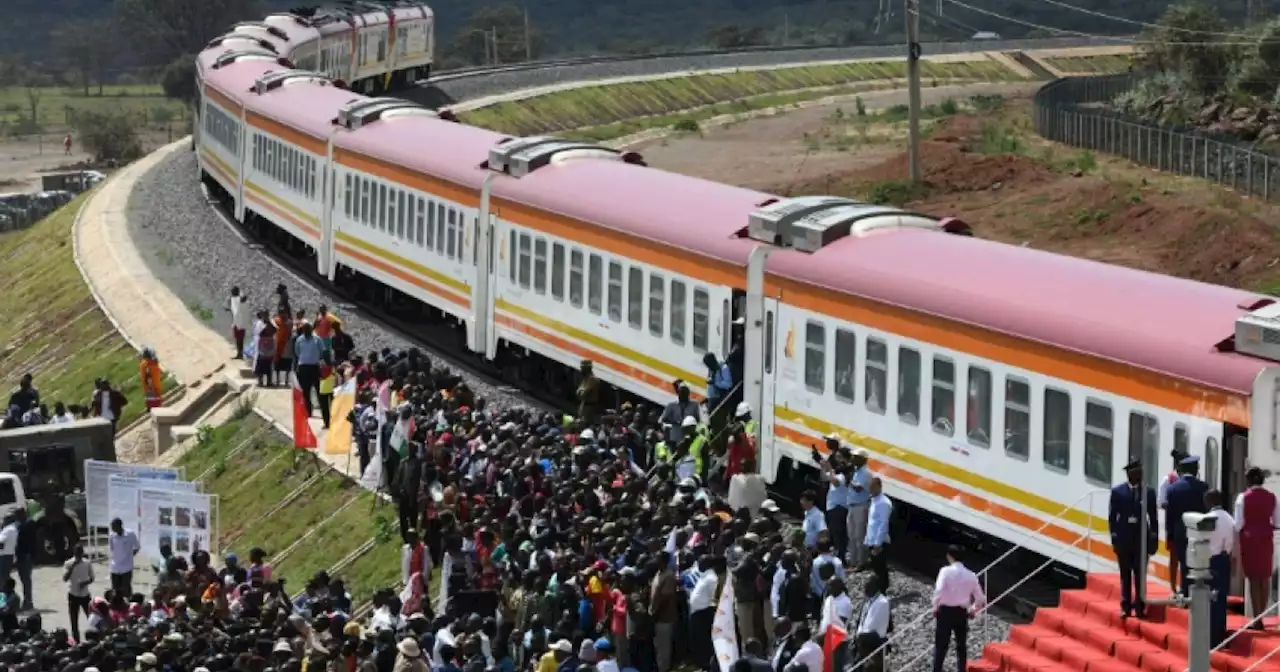The oversize effect of US dollar movements on developing markets is often overlooked, but the continent needs to find ways to reduce this impact to avoid future debt crises
Whenever I meet clients and investors, the one discussion I always end up having, regardless of market conditions, is on currency markets. Strong views are often expressed about why domestic policy direction or the price of key tradable goods or services is leading to one’s home currency strengthening or weakening.
Many countries instituted fuel or food subsidies to help reduce the effect on their citizens, but this typically increased budget deficits, driving debt levels higher at a point when funding that debt had suddenly become much more expensive. Two: Existing investors who want to extract dividends, or potential future investors, are deterred from investing in that country due to fear of being unable to repatriate capital. This affects the long-term growth potential of an economy, with insufficient investment capital available to be put to work.
This happened even though the US Federal Reserve has continued to hike rates. This has given some much-needed relief to those countries hardest hit, but leads me to ask the question, is it possible to reduce the impact of future gyrations of the dollar on African economies? Being part of the region allows each country to manage their own local debt issuance in CFA, while giving them a wider cross-regional pool of African investors to sell into. Improving local debt-financing capabilities to reduce reliance on dollar external debt will clearly be helpful in managing future dollar fluctuations. However, it doesn’t resolve the issues caused by most major fuel and food goods being priced globally in dollars.
United States Latest News, United States Headlines
Similar News:You can also read news stories similar to this one that we have collected from other news sources.
 Africa pays the price as China and Russia muscle inChina and Russia are bolstering their presence in Africa to tap its rich natural resources, analysts say, amid grave warnings from UN agencies the world's poorest countries face accumulating crippling debts.
Africa pays the price as China and Russia muscle inChina and Russia are bolstering their presence in Africa to tap its rich natural resources, analysts say, amid grave warnings from UN agencies the world's poorest countries face accumulating crippling debts.
Read more »
 South Africa’s petrol price nightmareLevies and taxes now make up a third of the cost for every litre of petrol South Africans buy.
South Africa’s petrol price nightmareLevies and taxes now make up a third of the cost for every litre of petrol South Africans buy.
Read more »
 South Africa: To Reduce Kidnappings, South Africa's Police Must Tackle Armed RobberyAnalysis - Intelligence-driven policing backed by dedicated investigation units and forensics can curb soaring levels of both crimes.
South Africa: To Reduce Kidnappings, South Africa's Police Must Tackle Armed RobberyAnalysis - Intelligence-driven policing backed by dedicated investigation units and forensics can curb soaring levels of both crimes.
Read more »
MARK BARNES: Are we on the road to a savage future?As gangs rule and violence is the exchange rate, we are sliding into anarchy
Read more »
 Mark Zuckerberg Is Going Head-To-Head With Elon MuskElon Musk has entered a new arena with Mark Zuckerberg since his $44 billion acquisition of Twitter.
Mark Zuckerberg Is Going Head-To-Head With Elon MuskElon Musk has entered a new arena with Mark Zuckerberg since his $44 billion acquisition of Twitter.
Read more »